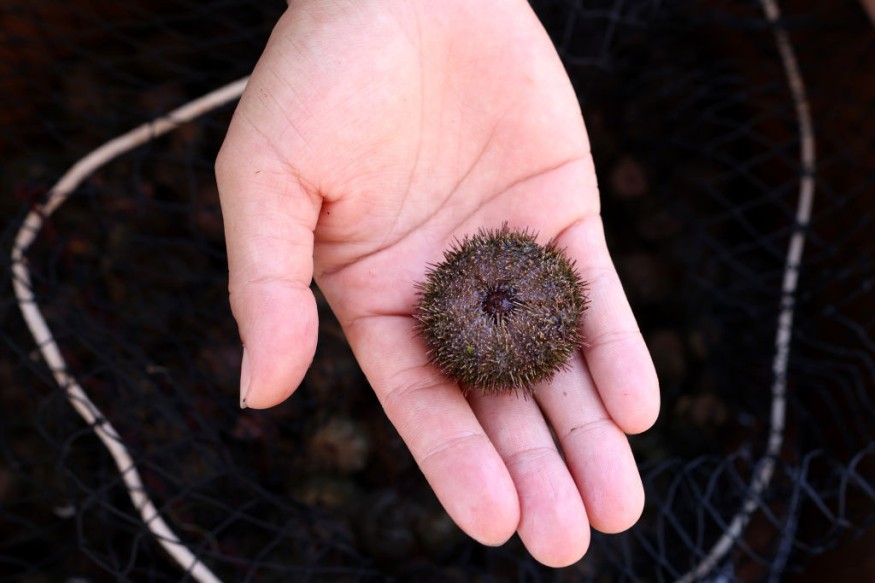
Sea urchins are important herbivores in the ocean where they live and play a critical role in some ecosystems, maintaining the balance between coral and algae. The species can be especially important on reefs where other herbivores have been depleted.
Unfortunately, scientists and divers have recently recorded an unprecedented sea urchin die-offs near the shores of multiple Caribbean islands, including nearby islands of Jamaica, Dominica, St. Vincent, and several others, Gizmodo reported. According to the Atlantic and Gulf Rapid Reef Assessment (AGRRA), it is currently unknown what caused the mysterious deaths, which was comparable to a previous dying event in the 1980s.
"The long-spined sea urchin, is one of the most important herbivores on Caribbean coral reefs, removing algae and maintaining open space for coral growth," the organization wrote on their website. They are particularly concerned about how this will affect other forms of marine life which cannot thrive without the spiny sea creatures in the region's waters.
Keeping Invasive Algae at Bay
Known for their 700 species, what the sea urchins from the intertidal to the deep ocean lack in species, they make up for in numbers, according to Stanford. In fact, a healthy population of sea urchins keeps algae from preventing native species . Known to not survive in fresh water, sea urchins often wear away at the rock, over generations, to produce hollows in which they are partially protected from predators, the website added.
However, this past February and by March, AGRRA and divers first observed a dying population of urchins near St. Thomas, the gateway isle of the U.S. Virgin Islands in the Caribbean. At first, they noticed that the species of Diadema antillarum, which are the black sea urchins, were dying off, CBCNews reported. Since then, scientists and government officials were receiving growing number of reports about dying sea urchins of other species from islands including Antigua, St. Lucia, Dominica, Jamaica, St. Vincent, Saba and the U.S. Virgin Islands as well as Cozumel in Mexico.
The mortality event was particularly "very concerning" for scientists, especially since it happened so quickly. Known to be efficient grazers which remove macro algae from coral reefs and clear space for baby sea corals, losing significant amount of their population "would be really devastating."
First Sea Urchin "Die Off" in the region After the Early 1980s
The last widespread die-off of sea urchins in the region was recorded back in the early 1980s, which still puzzled scientists at that time due to inadequate sampling to determine the cause of the demise. Only few of the urchins population have since fully recovered from that episode, resulting in algal-dominated states on many of the region's reefs.
Although there have been recent efforts to sustain a healthy population of sea urchins in the region, what caused the dispersed die-offs remains unknown. However, the rate at which large numbers of sick urchins are now dying certainly resembles the mass mortality event four decades ago.
Scientists worry that the real crisis lies in the Caribbean itself, where stony coral tissue loss disease (SCTLD) has previously been recorded.
Related article : 7 Disturbing Facts That Reveal the Mean Side of Dolphins
© 2026 NatureWorldNews.com All rights reserved. Do not reproduce without permission.





